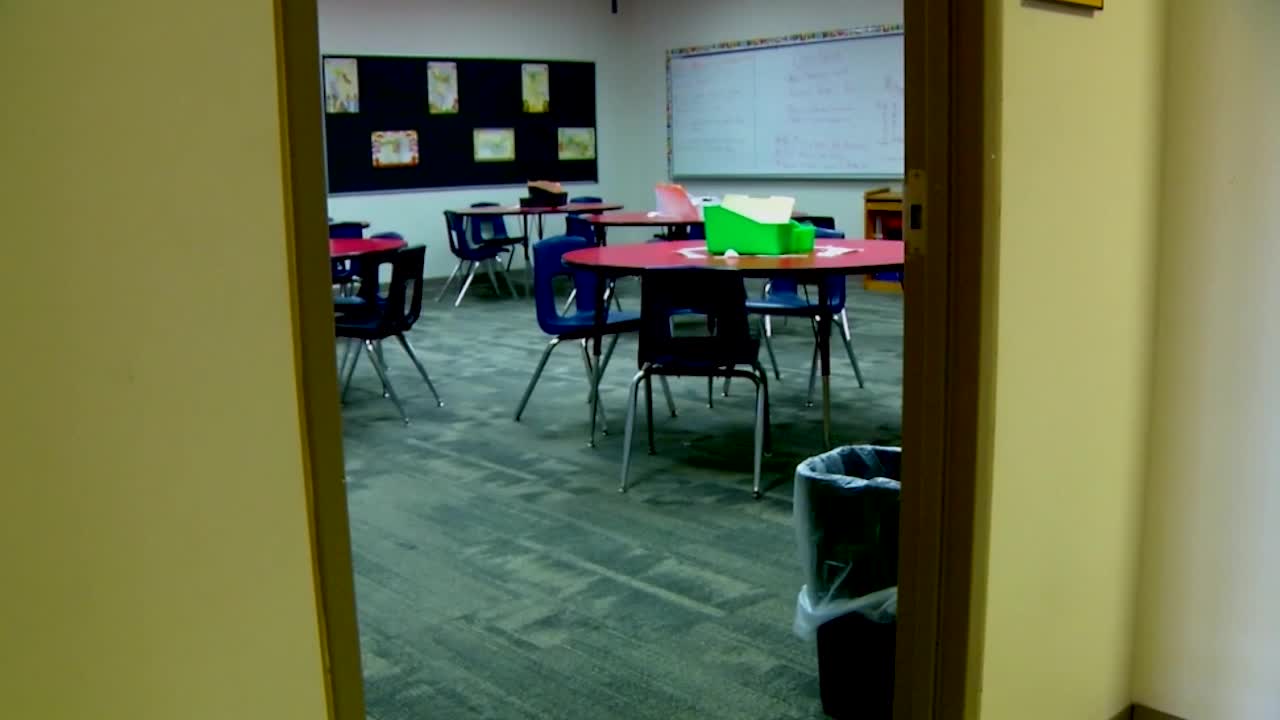Minnesota tutor discusses why ACT college admissions test scores are at a 30-year low
[anvplayer video=”5141341″ station=”998122″]
The ACT College Admissions Test is an academic marker for high school graduates.
But now — the test’s operators say its scores are hitting a thirty-year low.
“Obviously, the biggest factor is the pandemic,” says Rich Frieder, the Executive Director of LearningRX Twin Cities, a private tutoring company. “Schools did the best they could, but many parents felt like they were homeschooling for that year, year-and-a-half, depending on the school situation they were in.”
ACT, the nonprofit that runs the tests, says the class of 2022 averaged a score of 19.8 out of 36.
It’s the first time average test scores have fallen below twenty since 1991.

(File)
Minnesota’s average is a bit higher at 21.
ACT’s CEO Janet Godwin issued a statement saying: “The magnitude of the declines this year is particularly alarming, as we see rapidly growing numbers of seniors leaving high school without meeting the college-readiness benchmark in any of the subjects we measure.”
The nonprofit says 41% of test takers failed to meet benchmarks in English, reading, science and math.
That’s compared to 38% last year.
Those scores indicate how well students are expected to perform in corresponding college courses.
We asked Frieder if he thinks the numbers will rebound to pre-pandemic levels.
“I mean, hopefully at some point,” he says. “I think the more alarming issue is that it has been dropping for thirty years, with the biggest drop being this past year.”
Experts say the numbers reflect a decline in academic preparedness.
Frieder says his clients tell him they feel like they’ve lost a year of school.
But he believes there’s a connection between technology and cognitive skills like memorization.
“Mainly because technology is a great thing, but we don’t often have to remember something,” Frieder notes. “Who was that actor? Well, let me google it. What’s the capital of this? Well, let me hop online and find out.”
He says his company teaches exercises to strengthen memory and information processing.
Skills he says, are especially needed by students taking tests on deadline.
“Especially those kids who have lower long term memory, who have a lower processing speed, lower working memory,” Frieder explains. “When you look at test taking, those are the critical skills. To be able to retrieve information, to be able to process and think quickly, because the ACT test is a timed test.”
Minnesota Department of Education Commissioner Dr. Heather Mueller issued a statement Wednesday, saying “The class of 2022 has been incredibly resilient, experiencing the pandemic during critical school years, and we are pleased Minnesota students continue to score higher than the national average in all ACT categories.”
Nationwide, scores are falling, but so are the numbers of students taking the ACT.
The Associated Press reports that number has declined 30% since 2018, with some graduates choosing to not go to college, and with test scores now optional for first year admission at many institutions.
But many students still take the tests, hoping to get an edge in admissions by submitting their scores.
Frieder says the cognitive skills of memorization, the quick processing of information, and the ability to use that information to problem-solve, are needed even more during the crucial first year of college, where the workload dramatically increases.
“It can be even harder to store and retrieve that information when your brain’s not trained to do that, up to that point,” he says. “It’s not like a magic pill where all of a sudden, the information’s there and can be retrieved at an ACT test. You have to do the work to make it happen.”